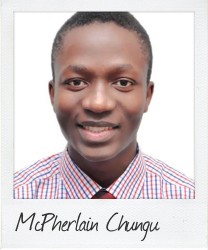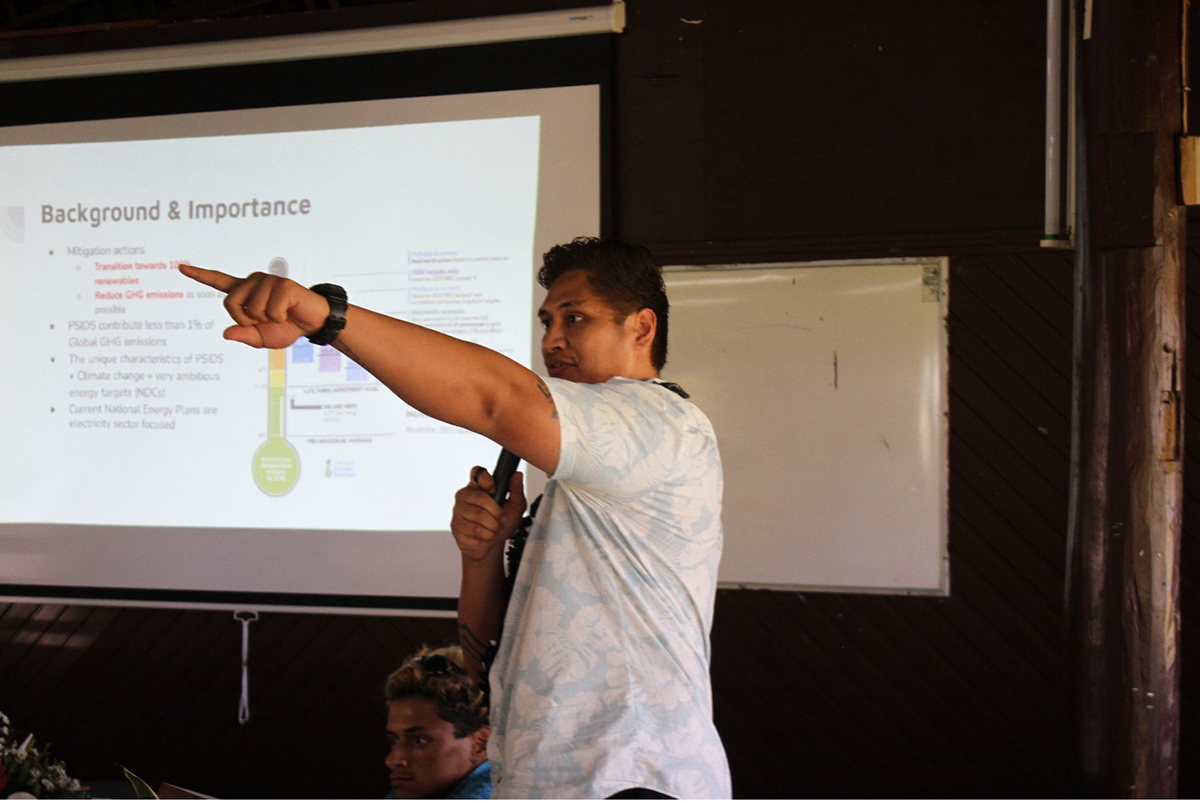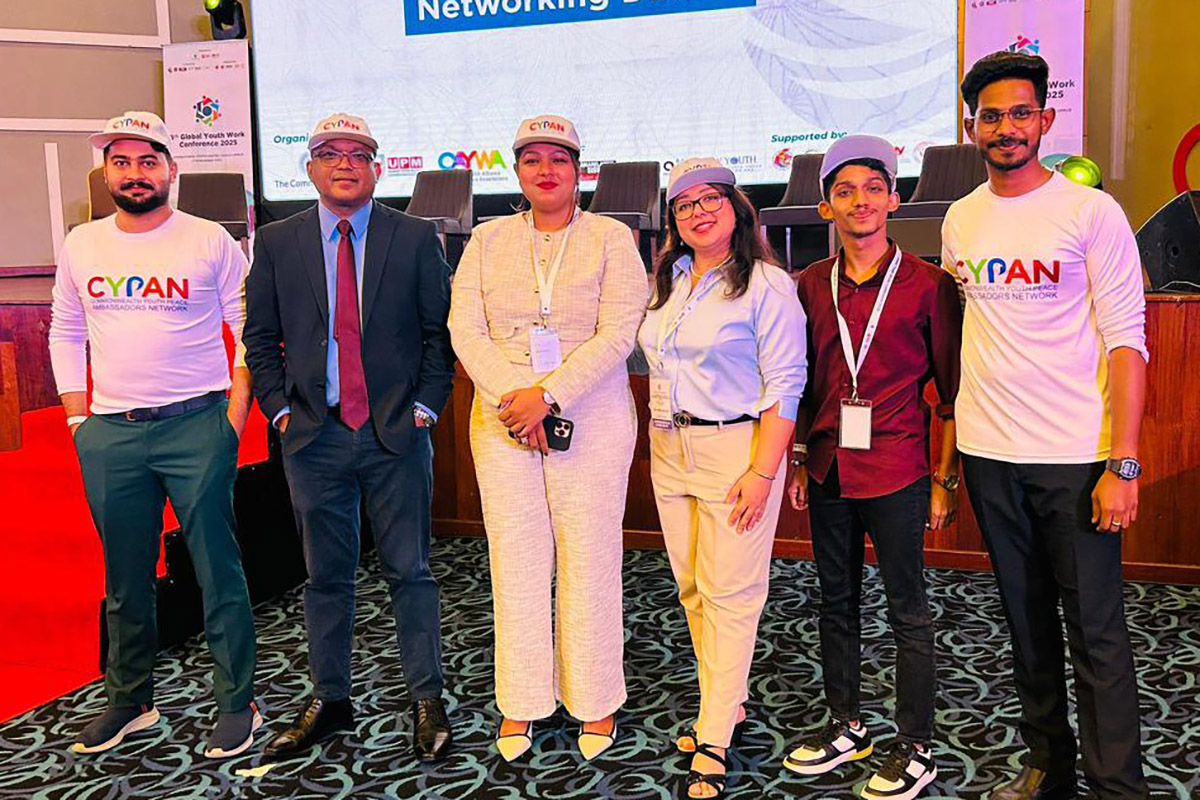“Zambia’s problems expose a crisis of leadership”
September 30 An investigation done by Africa Confidential has alleged wide-scale corruption and misuse of donor funds by Zambia’s government. McPherlain Chungu, 22, a Commonwealth Correspondent from Zambia, writes that the allegations suggest a failure of leadership. Arguing that leadership is about pursuing the well-being of the people, he points to what good leadership looks like and has a few questions for his fellow Zambians
An investigation done by Africa Confidential has alleged wide-scale corruption and misuse of donor funds by Zambia’s government. McPherlain Chungu, 22, a Commonwealth Correspondent from Zambia, writes that the allegations suggest a failure of leadership. Arguing that leadership is about pursuing the well-being of the people, he points to what good leadership looks like and has a few questions for his fellow Zambians
The governments of Finland and the United Kingdom have halted funding to Zambia on suspicion that over $4.7m (£3.5m) they directed into a social welfare scheme may have been misused. A report by Africa Confidential supports the claims of embezzlement. On Tuesday, Dora Siliya, Zambia’s information and broadcast minister called the reports “misleading and false”.
The British high commissioner to Zambia Fergus Cochrane-Dyet said in a tweet that Britain had frozen all bilateral funding until audit results were known. “[Britain] takes a zero-tolerance approach to fraud and corruption.”
The saddest part is this is not the first time this has happened. In 2009, Reuters reported that the Netherlands and Sweden froze $33 million in aid for Zambia’s fight against HIV/AIDS and other health programmes because of official corruption.
After days of trying to dismiss these allegations, the Zambian President Edgar Chagwa Lungu has fired the Minister of Community Development and Social Services, Emerine Kabanshi. And he put out a written statement which begins: “Four months ago, I ordered an administrative inquiry into suspected misuse of the Social Cash Transfer funds, and a comprehensive report was submitted to my office on 14th September 2018.”
The question on the nation’s mind is why did it take so long for the head of state to act? Would he have really acted if it wasn’t for foreign governments taking a public stand?
In June 2018 President Lungu met with the Financial Intelligence Centre (FIC) Director Mrs. Mary Tshuma who handed him a report. It is a comprehensive and blunt exposé of corruption of high-ranking officials in government, yet no real action was taken. Others, like the opposition leaders, speculated that the reluctance to act by the head of state was for fear that he might be implicated in corruption and abuse of office.
According to Forbes and the Zambian Observer, President Lungu has mysteriously acquired more wealth than he had when he entered office in 2015. On September 18th opposition leader Elias Chipimo tweeted “Zambia does not have a debt crisis…yet. We do, however, have a leadership crisis.”
What is happening in Zambia at the moment is a textbook example of a failure of leadership. This is far from what proper governance and leadership ought to be. Former Prime Minister of Ghana and Pan-Africanist Kwame Nkrumah, reminds us what true leadership looks like. When Ghana became the first independent country in Africa, its charismatic leader Nkrumah famously declared “The independence of Ghana is meaningless unless it is linked-up with the total liberation of the African Continent.”
Without a doubt, Dr. Nkrumah was resounding that it was futile, pointless, worthless, unproductive, and inconsequential for Ghana to be free from colonial domination while the rest of Africa was not. Nkrumah had everything he needed, he was prime minister of a new country, he had one of the highest approval ratings, and his influence was enormous. Yet for him, it was not enough to be the only independent state on the continent while the rest of Africa remained under the confines and chains of colonial oppression.
He understood that even his own liberation was bound up with that of the rest of the continent, and he acted. This to me is what true leadership looks like. I do not understand the selfishness of Zambian political elites whose idea of prosperity is self-centred personal gain and far from service of country.
In Zambia, leadership has ceased to be about the people, it is instead about political elites and their obsession to maintain a grasp of political and economic power. Winning the next election is the major priority rather than catering to the needs of those people who stand in line, in the hot sun to cast their ballot.
I chose to write this article because growing up in Zambia has shown me that nurturing a culture of silence only works to preserve the status quo of political elites in our country. To fellow Zambians, why aren’t we bothered that we live in a country where common people are becoming poorer while the regimes we elect get richer? Why has corruption become so normalized that it incites apathy in all of us? Why are we so reluctant to demand better leadership, yet eager to condone this culture of silence?
Zambia is a democracy, thus consequently leadership must mean holding those in power accountable. And keeping them in check. Why have we, as Zambian people, failed to uphold this fundamental duty?My fellow countrymen and women, we need to take a stand. Western powers should not fight our battles while we remain silent. The curse and tragedy of silence is that it cements, sustains and maintains this appalling status quo.
According to Transparency International (TI), Zambia ranks 37 out of 100 on the corruption scale – 0 being the most corrupt. As a Zambian, I am tired of attending economic classes where Zambia is cited as a bad example of economic policy, while the politicians my fellow countrymen and women elect are jetting around the world and sending their children to elite and lavish schools abroad on the donor countries’ and taxpayer’s dime.
I chose to write this piece as a symbol of patriotism. In the words of Mark Twain patriotism is “supporting your country all the time, and your government when it deserves it.”
photo credit: PXhere via https://pxhere.com/en/photo/1062703 (license)
……………………………………………………………………………………………………………………………………………………………
About me: I am curious, charismatic, ambitious and determined, with keen interest in social and political issues, gender and identity politics in particular. Born and raised in Zambia, I pursued my undergraduate studies in Delhi. My dream is to make the world a place with the same standards for everyone and emphasis on mutual benefit – an ideal we must strive towards.
I am a news blogger, movie and film fanatic and travel enthusiast. A practical idealist.
……………………………………………………………………………………………………………………………………………………………
Opinions expressed in this article are those of the author and do not necessarily represent the views of the Commonwealth Youth Programme. Articles are published in a spirit of dialogue, respect and understanding. If you disagree, why not submit a response?
To learn more about becoming a Commonwealth Correspondent please visit: http://www.yourcommonwealth.org/submit-articles/
…………………………………………………………………………………………………………………………………………………




